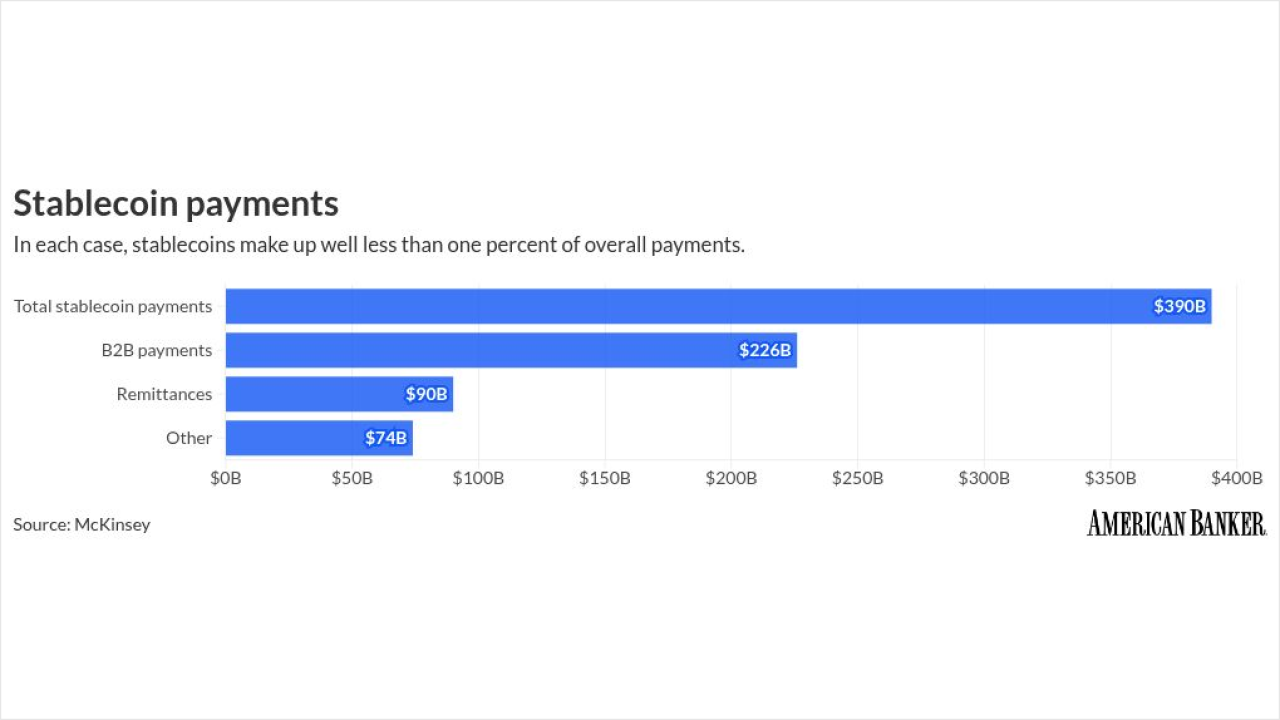
The Federal Deposit Insurance Corp. has extended the comment period for a
The decision gives banks two extra months to study a plan some groups claim would fundamentally change the way boards at midsize and big banks conduct business.
The comment period, which was slated to close Dec. 11, will now run through Feb. 9
A bloc of trade groups, including the Bank Policy Institute, American Bankers Association, American Association of Bank Directors and Mid-Size Bank Coalition of America, requested a 60-day extension in a Nov. 8 letter to the FDIC. It was granted Thursday.
The FDIC unveiled the proposed rule — which would apply to banks with at least $10 billion of assets — in October, with Chairman Martin Gruenberg citing the failures of Silicon Valley Bank and Signature Bank in March along with that of First Republic Bank in May, as evidence an overhaul was necessary.
In the draft rule, FDIC stated its aim was to tighten and build on existing governance guidelines. The rule "generally reflects existing principles and what examiners consider necessary for the safe and sound operation of a covered institution," the FDIC wrote. Proposed changes "are intended to be generally consistent with the goals communicated through the Office of the Comptroller of the Currency's and Federal Reserve Board's published issuances in an effort to harmonize corporate governance and risk management requirements," it added.
Groups representing banks and regulators countered that the proposed rule was far from routine and would cause fundamental changes in the composition of boards, as well as to individual directors' responsibilities and liabilities. They lobbied for more time to put their concerns on the record.
The governance rule "has not grabbed the headlines like the Basel III Endgame, the long-term debt or other large, big-bank proposals have," Nathan Ross, vice president of policy at the Conference of State Bank Supervisors, said in an interview. "Those are taking center stage right now. However, as state regulators have looked at this, it deals with foundational corporate governance principles that merit a lot of thought and care. We believe this is a significant proposal and worth taking some time to review, and I think [an extension] is appropriate here."
Trade groups representing banks have raised several concerns which they fear could result in fewer qualified candidates willing to serve on bank boards if the proposed regulation were to be adopted. Chief among them was a provision in the rule that requires boards to "consider the interests of all its stakeholders, including shareholders, depositors, creditors, customers, regulators and the public."
Bank groups flagged another provision they claim would make boards at institutions covered by the proposed regulation responsible for ensuring timely reporting of what the rule described as "known or suspected violations of law involving dishonesty, misrepresentation or willful disregard for legal requirements."
Critics of the proposed rule fear requiring directors to consider the interests of groups in addition to shareholders would, at a minimum, conflict with corporate law in many states. It might also create serious headaches if the aims of some constituencies clashed with those of others, according to David Baris, president of the American Association of Bank Directors.
"It's a deviation from I think all state corporate statutes that focus on the shareholder and do not require considering other constituencies," Baris said in an interview.
"It's really significant to tell bank directors that you need to take into account as you exercise your oversight responsibility depositors, creditors, the general public, the FDIC and other regulators," Ross said. "That may not align with what their fiduciary duties are under state law. We have questions whether this is something that the FDIC can do, establishing new constituents for the board to take into account. Others are flagging that as well."
The proposed regulation's reporting requirement would push boards into filling a role typically reserved for an institution's management team, Baris said. "Oversight is part of what a board needs to do, but to guarantee results — when they use words and phrases like `ensure' or `bear the ultimate responsibility' — that's a signal that FDIC expects the board to be responsible for results," Baris said. "Results are not the job of the board or any corporate board. They use their authority and business judgment to look over the shoulder of the management team and oversee it."
As things stand, it's not uncommon for bank directors to receive reports of 500 pages or more at every board meeting, Baris said. The proposed rule would add to that burden, likely resulting in fewer candidates willing to serve as bank directors. "There's always that sensitivity to risk for serving on a bank board," Baris said. "It's already a problem and this does not help it at all."
In an email to American Banker, an FDIC spokesperson stated that the agency moved to extend the comment period after receiving the Nov. 8 letter, though he added FDIC has made similar extensions involving other recent rules —
"Four organizations sent a joint request for us to extend the comment period and we decided to do so," the spokesperson wrote Friday.






